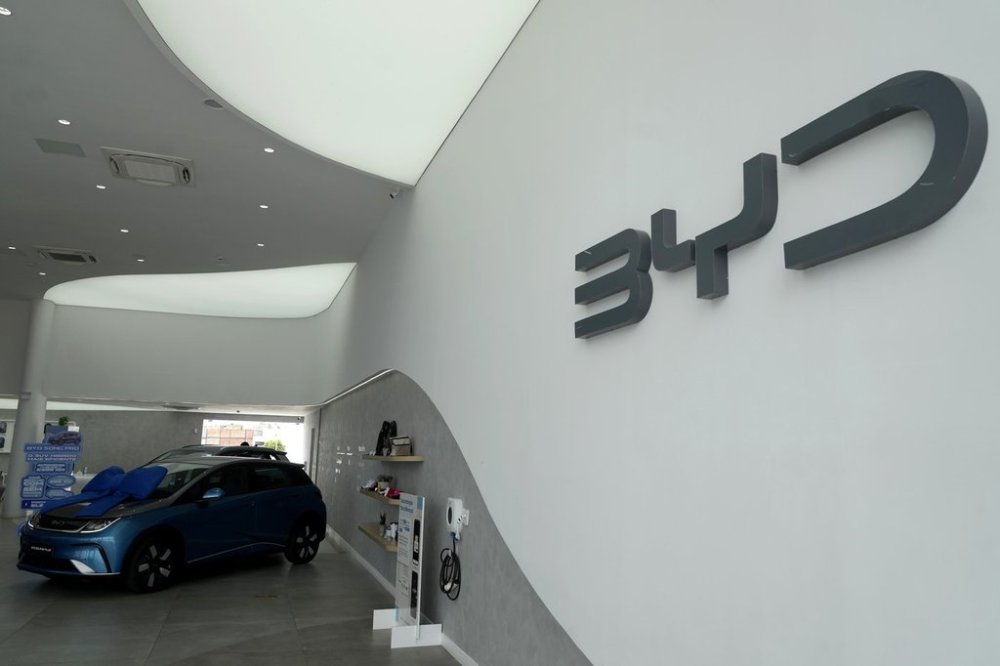Brazilian prosecutors sue China’s BYD over allegations of slave-like labor conditions
Advertisement
Read this article for free:
or
Already have an account? Log in here »
To continue reading, please subscribe:
Monthly Digital Subscription
$1 per week for 24 weeks*
- Enjoy unlimited reading on winnipegfreepress.com
- Read the E-Edition, our digital replica newspaper
- Access News Break, our award-winning app
- Play interactive puzzles
*Billed as $4.00 plus GST every four weeks. After 24 weeks, price increases to the regular rate of $19.00 plus GST every four weeks. Offer available to new and qualified returning subscribers only. Cancel any time.
Monthly Digital Subscription
$4.75/week*
- Enjoy unlimited reading on winnipegfreepress.com
- Read the E-Edition, our digital replica newspaper
- Access News Break, our award-winning app
- Play interactive puzzles
*Billed as $19 plus GST every four weeks. Cancel any time.
To continue reading, please subscribe:
Add Winnipeg Free Press access to your Brandon Sun subscription for only
$1 for the first 4 weeks*
*$1 will be added to your next bill. After your 4 weeks access is complete your rate will increase by $0.00 a X percent off the regular rate.
Read unlimited articles for free today:
or
Already have an account? Log in here »
SAO PAULO (AP) — Brazilian prosecutors said Tuesday they are suing Chinese electric vehicle giant BYD and two of its contractors over allegations of using workers in slave-like labor conditions and engaging in international human trafficking.
The labor prosecutors’ office in Bahia state said in a statement that they are seeking 257 million Brazilian reais ($50 million) in damages from BYD, China JinJiang Construction Brazil and Tecmonta Equipamentos Inteligentes.
The lawsuit stems from an investigation that led to the rescue last year of 220 Chinese workers from the construction site of BYD’s new factory in the city of Camaçari. Prosecutors said the workers were brought to Brazil under false pretenses and with visas that did not match their jobs.

“Working conditions were extremely degrading. Five settlements were kept by BYD, JinJiang and Tecmonta. Some workers slept on beds without mattresses and had their personal belongings alongside with their food,” the prosecutors’ office said. “There were few bathrooms, which were not gender-assigned. In one of the settlements, there was one toilet for 31 people, forcing workers to wake up at 4 a.m. for their personal hygiene before their work.”
BYD said in a statement it is collaborating with the investigations from the start and will speak about the case during the course of the probe. It also said it respects Brazil’s laws and international labor regulations.
In December, a spokesperson for the Chinese automaker objected to reports about poor conditions at the construction site in Brazil, saying the allegations were aimed at “smearing” China and Chinese brands.

